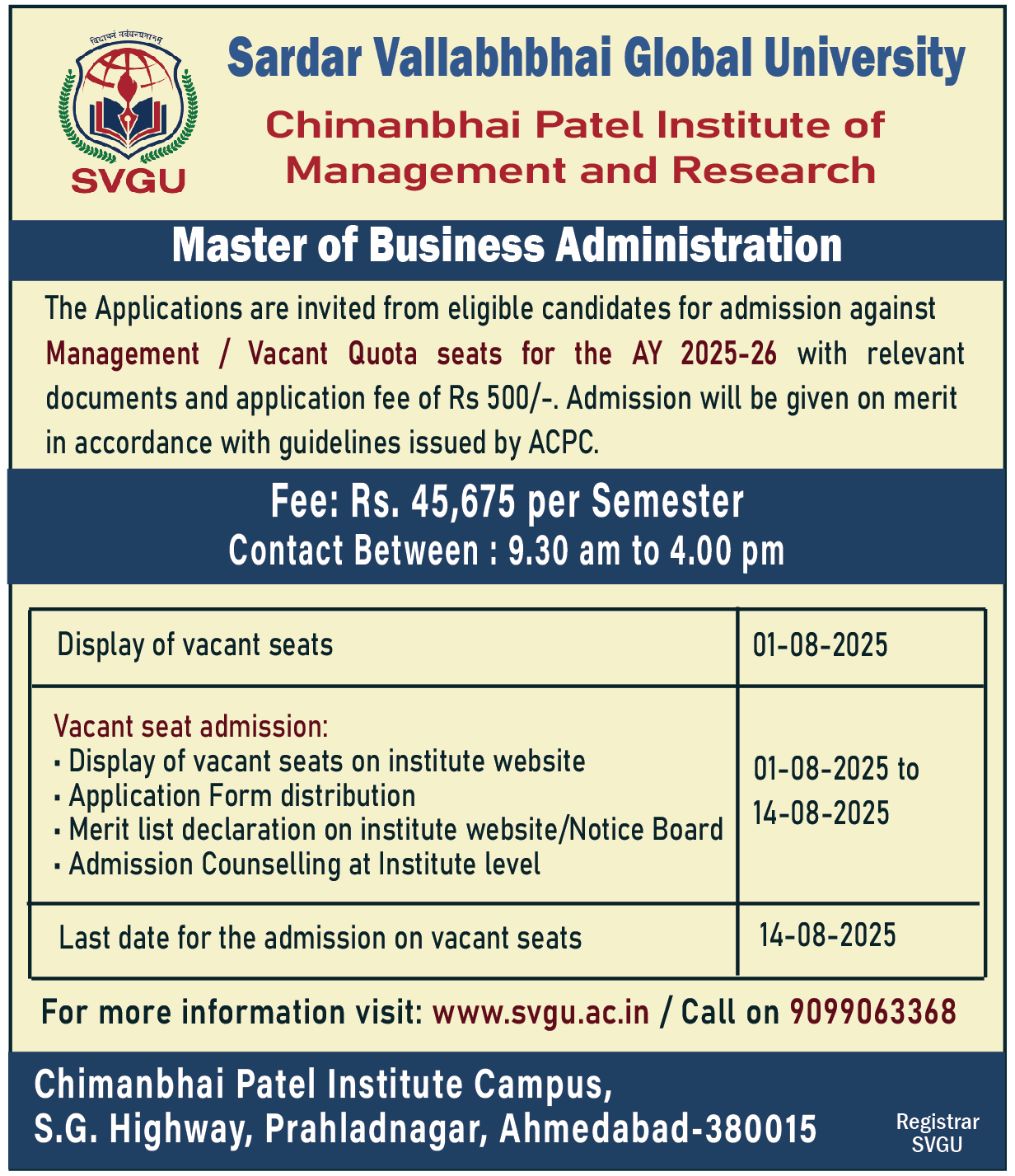

Sardar Vallabhbhai Global University (SVGU) came into existence on 20th of April, 2023 under the Gujarat Private Universities (Amendment) Act, 2023 (Gujarat Act No. 7 of 2023). Operating from the Chimanbhai Patel Institutes (CPI) Campus situated on SG Highway, SVGU University offers programs in Management, Computer Applications, and Journalism and Communication at UG, PG, as well as Doctoral level.
Read More
Annual International Conference, CPIM (Changing Paradigms in Management) 2026
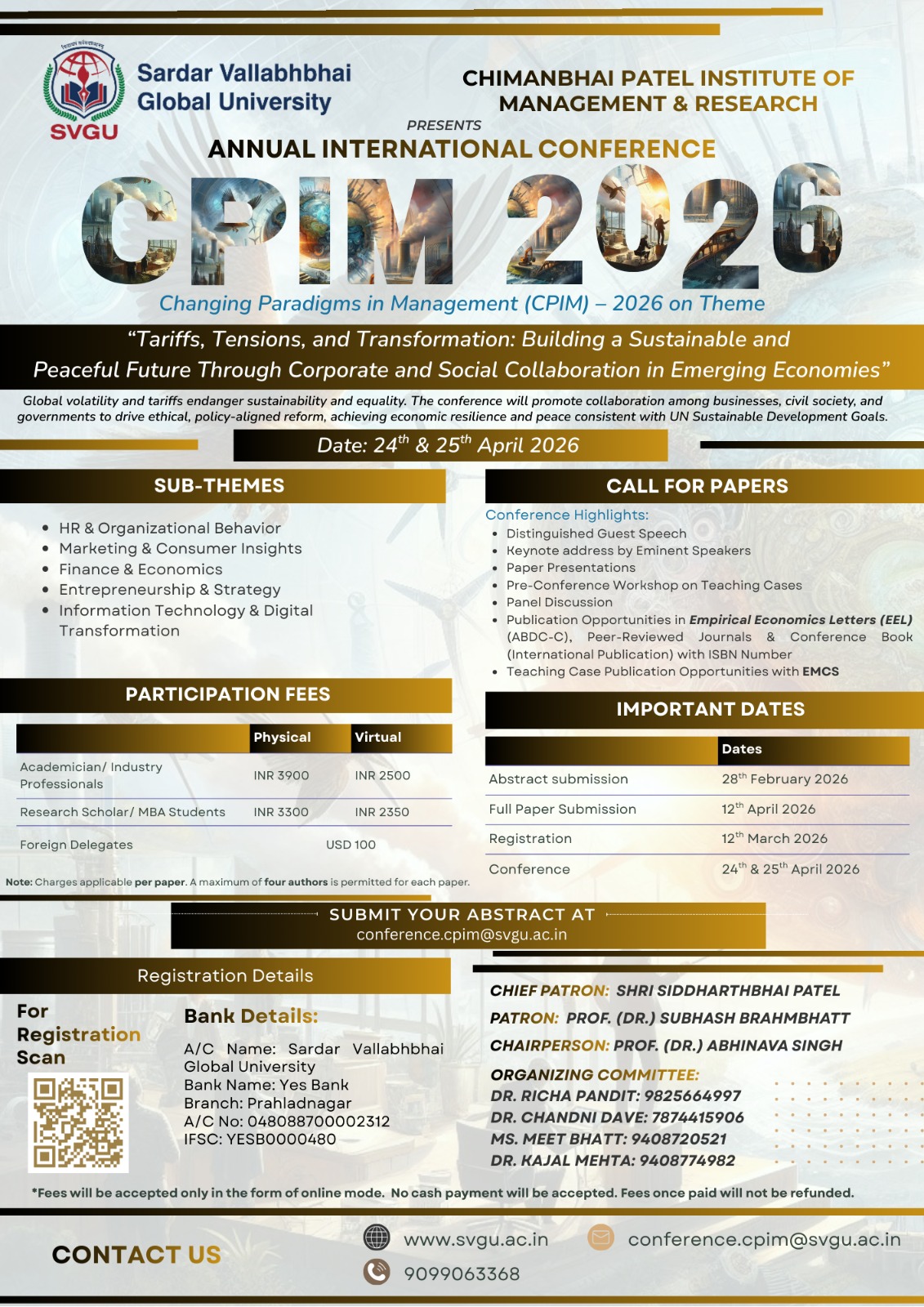
Chimanbhai Patel Institute of Management & Research (CPIMR), under the aegis of Sardar Vallabhbhai Global University (SVGU), presents the Annual International Conference, CPIM (Changing Paradigms in Management) 2026, held on April 24 & 25th 2026. The conference is themed "Tariffs, Tensions, and Transformation: Building a Sustainable and Peaceful Future Through Corporate and Social Collaboration in Emerging Economies," reflecting the changing paradigms in management required to navigate global volatility and drive ethical, policy-aligned reform consistent with UN Sustainable Development Goals. The conference invites papers across diverse management areas including HR & Organizational Behavior, Marketing & Consumer Insights, Finance & Economics, Entrepreneurship & Strategy, and Information Technology & Digital Transformation. Researchers and practitioners can submit their abstracts to conference.cpim@svgu.ac.in. The event features Distinguished Guest Speeches, Keynote Addresses by Eminent Speakers, Paper Presentations, Panel Discussions, and opportunities for publication in Empirical Economics Letters (EEL) (ABDC-C) and a Conference Book with an ISBN number.

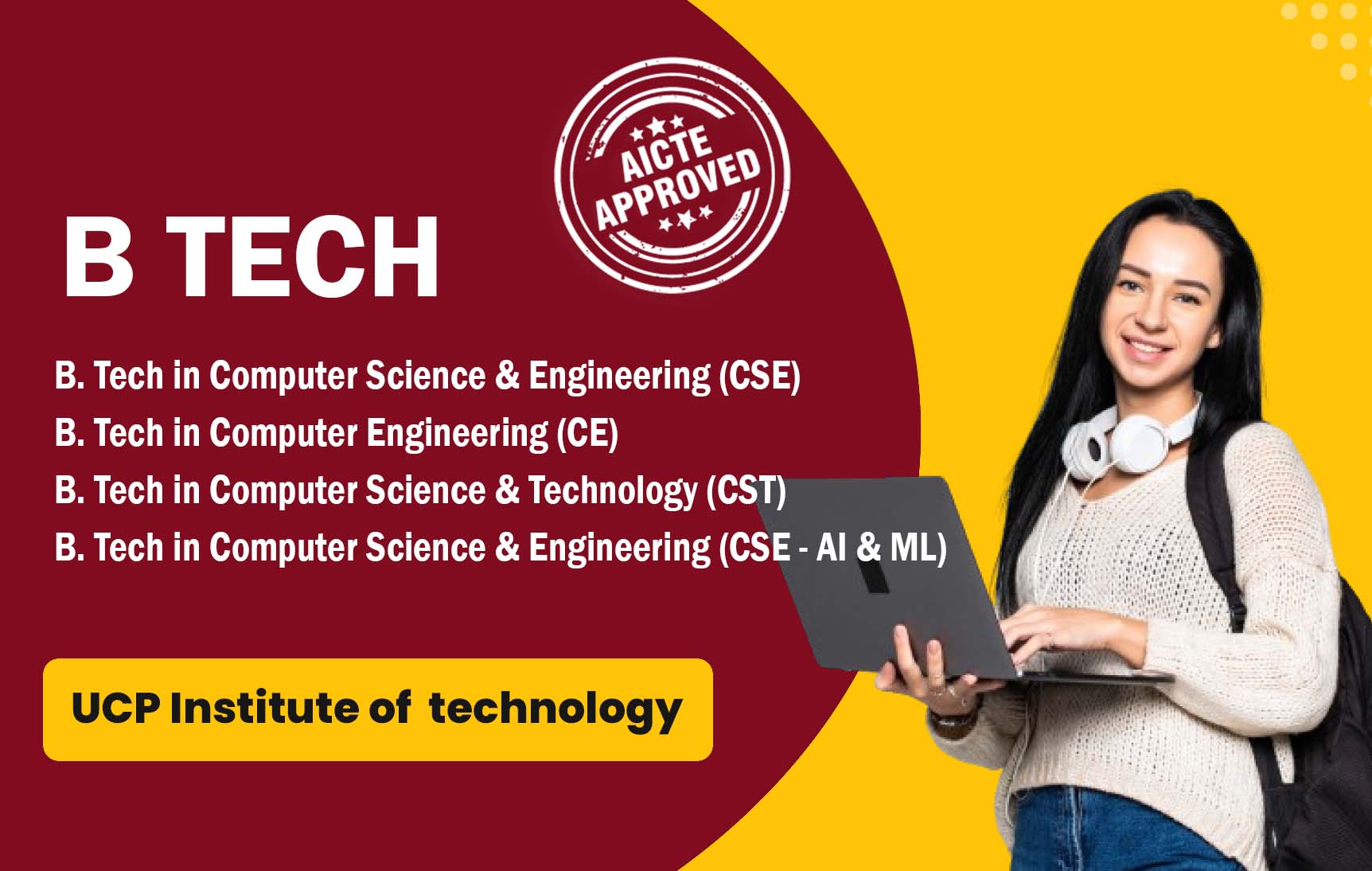
B. Tech. Computer Science and Engineering (CSE) is an academic program at SVG University - UCP Institute of Technology. B.Tech. (CSE) academic programs typically include a combination of topics in Computer Science and Computer Engineering. B.Tech.(CSE) is a full time 4-year programme. B.Tech.(CSE) programme follows a semester pattern, with a total of eight semesters. The curriculum is designed as per the guidelines of the All-India Council for Technical Education (AICTE). B.Tech.(CSE) include programming, algorithms and data structures, computer architecture, operating systems, Advance OS, computer networks, Advanced Computer Network Programming, Parallels Computing, Distributed Computing , Design and analysis, digital logic and processor design, Advanced Microprocessor and Interfacing, computer graphics, Language Processor and Translators , Software Engineering, Advanced database Management Systems, Web Based Application, Cloud Computing & Deployment, Advance JS Web Design, Python Programming. CSE programs also include core subjects of theoretical computer science such as theory of computation, numerical methods, machine learning, programming theory, Also cover emerging computing fields like image processing, Data Science , Artificial Intelligence and “AI & ML”. Most CSE programs require introductory mathematical knowledge, hence the first year of study is dominated by mathematical courses, primarily discrete mathematics, mathematical analysis, linear algebra, probability, and statistics, as well as the introduction to physics and electrical and electronic engineering. The programme will give advance and emerging technological knowledge with the specialized subjects that students can choose during the programme. The programme aims to provide experimental learning based on case study / Live projects of emerging trends.
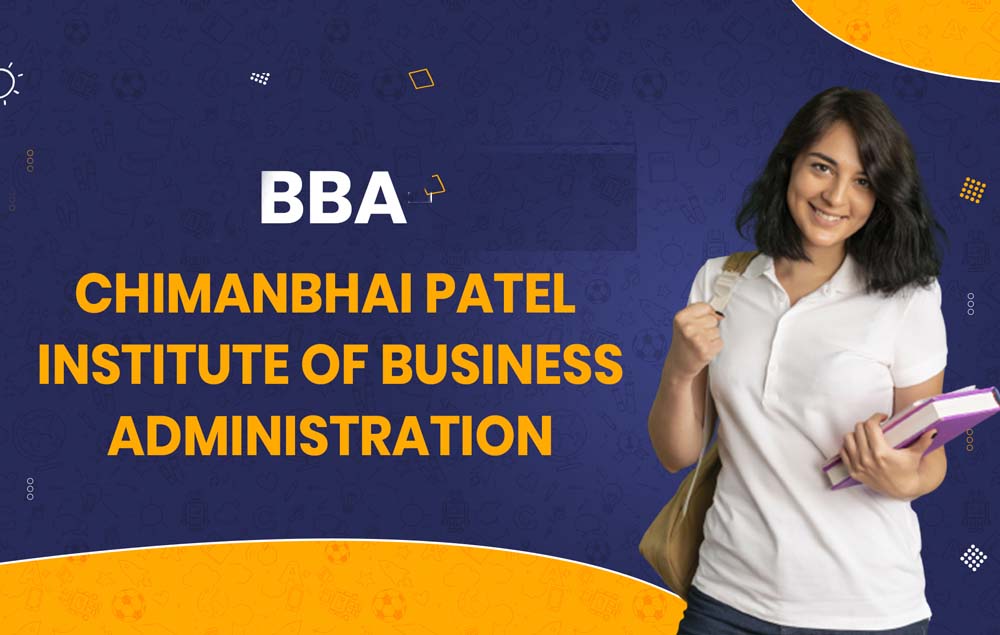
To provide knowledge and requisite skills in different areas of management like Human Resources, Financial Management, Entrepreneurship, Information technology and Marketing Management to give a holistic understanding of a business system.

"Shape the Future of Healthcare. Lead with Knowledge." Get ready to make an impact in one of the world's fastest-growing industries. Gujarat’s Very first ever program BBA in Hospital and Healthcare Management is a 3 year undergraduate program- a unique UG Program at Sardar Vallabhbhai Global University with unparalleled Industry Exposure, designed to equip you with the business acumen, leadership skills, and healthcare-specific knowledge needed to thrive in the dynamic healthcare sector.
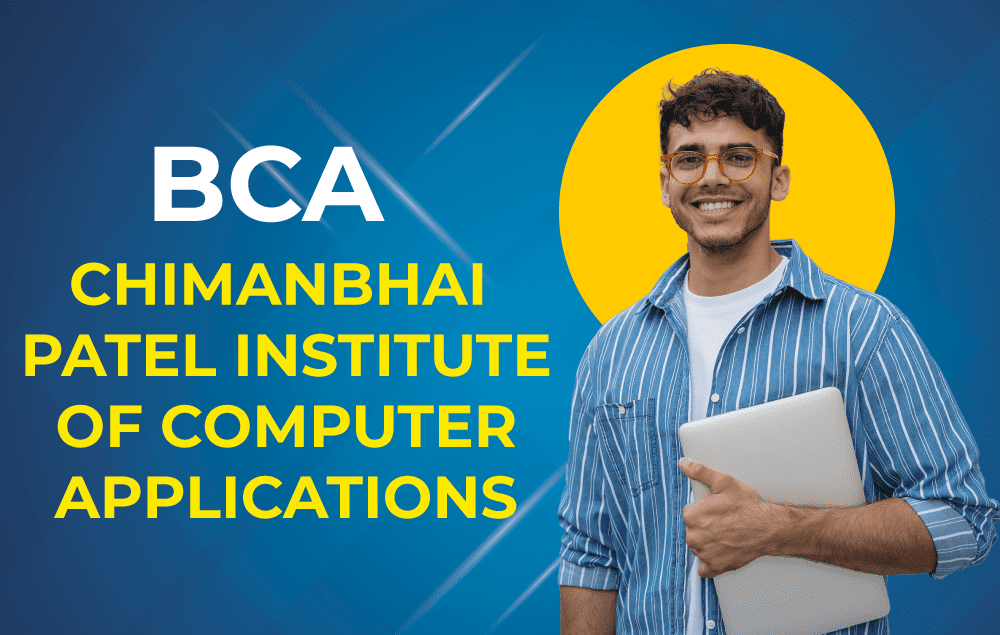
On completion of BCA (Honors) Four Year Degree Programme the expected programme outcomes that a student should be able to demonstrate are the following

These PEOs will help ensure that graduates of the iMCA program are well-equipped with the necessary knowledge, skills, and values to become successful professionals in the field of computer applications
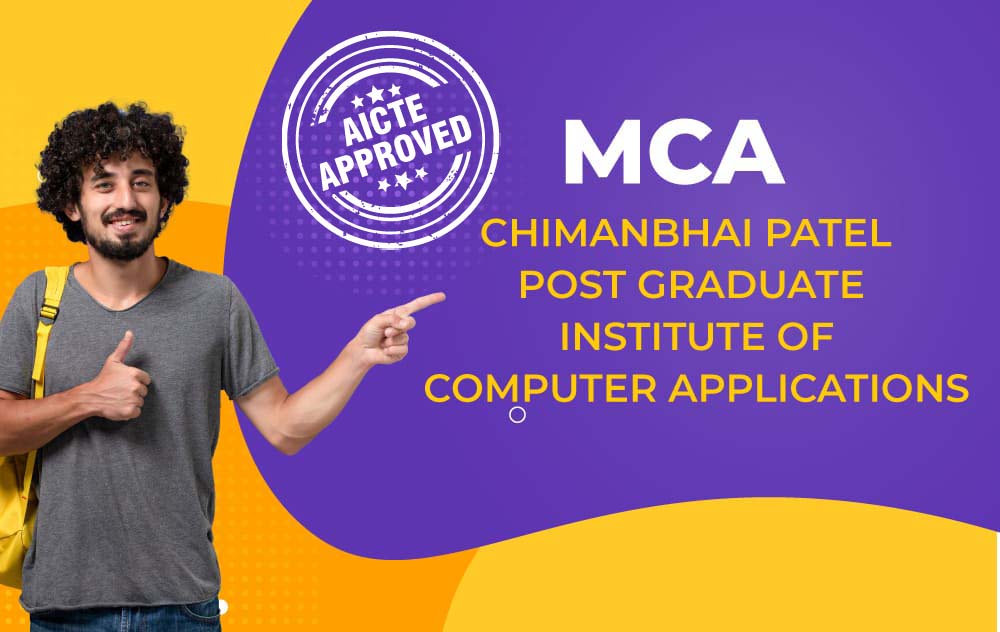
Master of Computer Applications (MCA) Programme Program Educational Objectives (PEOs) In the context of a complex, ever-changing, and dynamic

The pedagogy includes case study methodology, live group and individual assignments, role plays, games and simulations, lectures, self-assessments, and field studies.
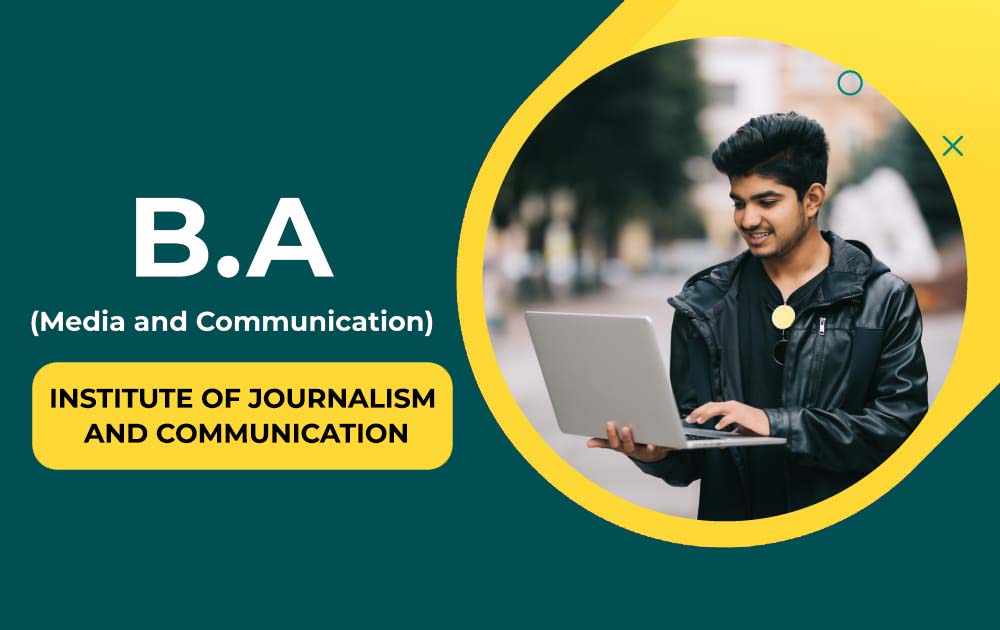
The Institute runs Bachelor of Arts in Media and Communication (BAMC) and allied programs. The Institute intends to groom the Gen-Next Media Professionals for their holistic development to adopt Global Standards of Media Industry. It runs a 4-Year BAMC (Hons.) Under-Graduate Program as per the University Grants Commission (UGC) norms and directives under the New Education Policy 2020. The Institute has a proven track record of Academic Excellence and Best Mentoring and Industry Connect and was established in 2019.
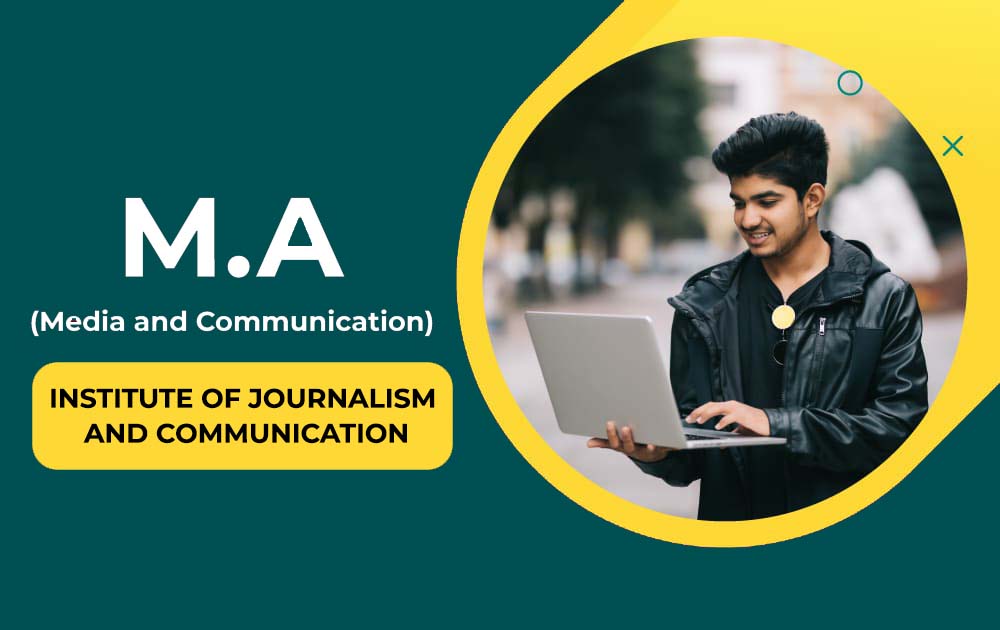
The Institute of Journalism and Communication (IJC) under the aegis of Sardar Vallabhbhai Global University (SVGU), formerly Chimanbhai Patel Institute (CPI) launched its Post-graduate (PG) Degree program in Master of Arts in Media and Communication
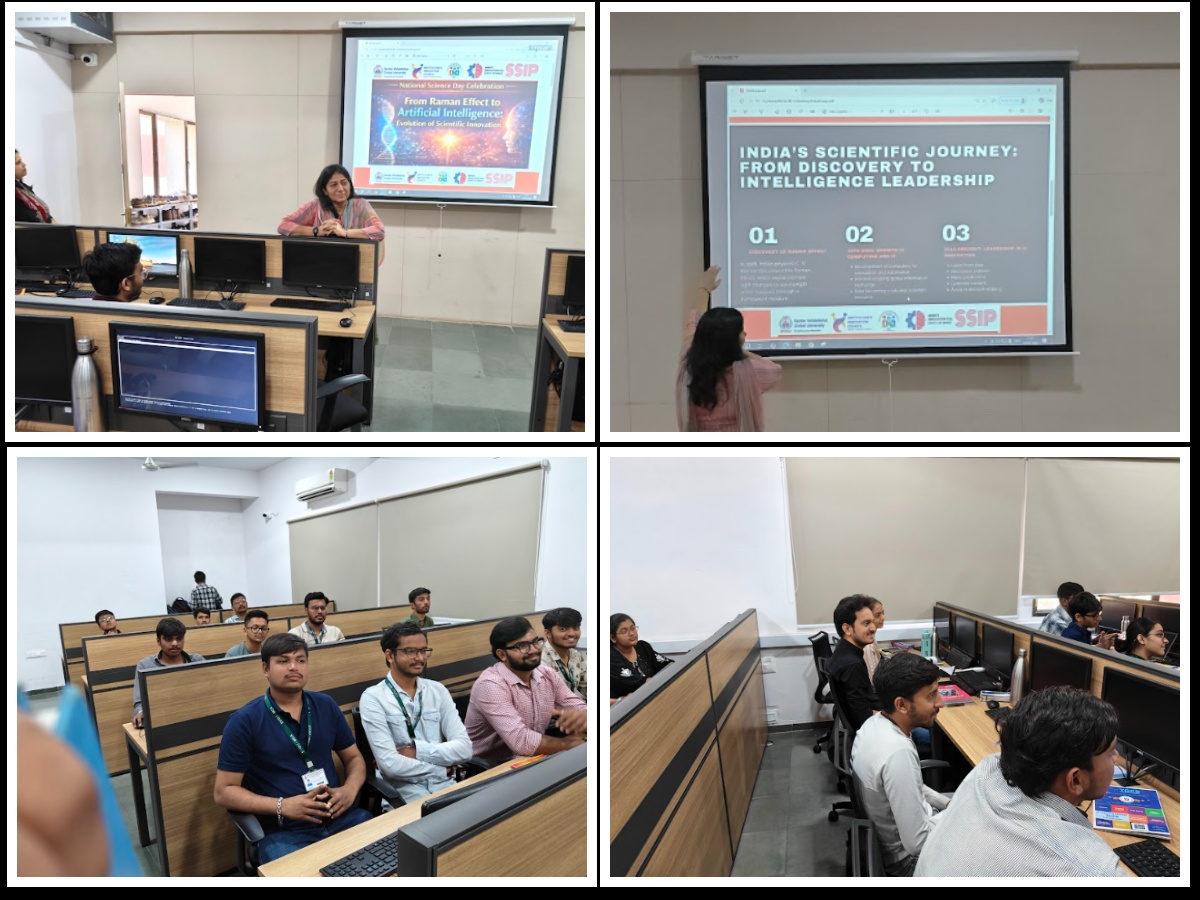
28 February 2026 - 28 February 2026
We have celebrated National Science Day at SVGUniversity with an inspiring and today's relevant topic -From Raman effect to AI: Evolution of Scientific Innovation.
Science is not just a subject, it is the power to question, explore, and transform the world. Every great innovation begins with a curious mind and your ideas can shape the future. Inspired by C. V. Raman, remember that even one discovery can change humanity.
From the discovery of the C. V. Raman’s Raman Effect to today’s Artificial Intelligence, science has evolved from understanding nature to creating intelligent machines. This journey shows that curiosity and innovation have the power not only to explain the world, but to redesign its future.
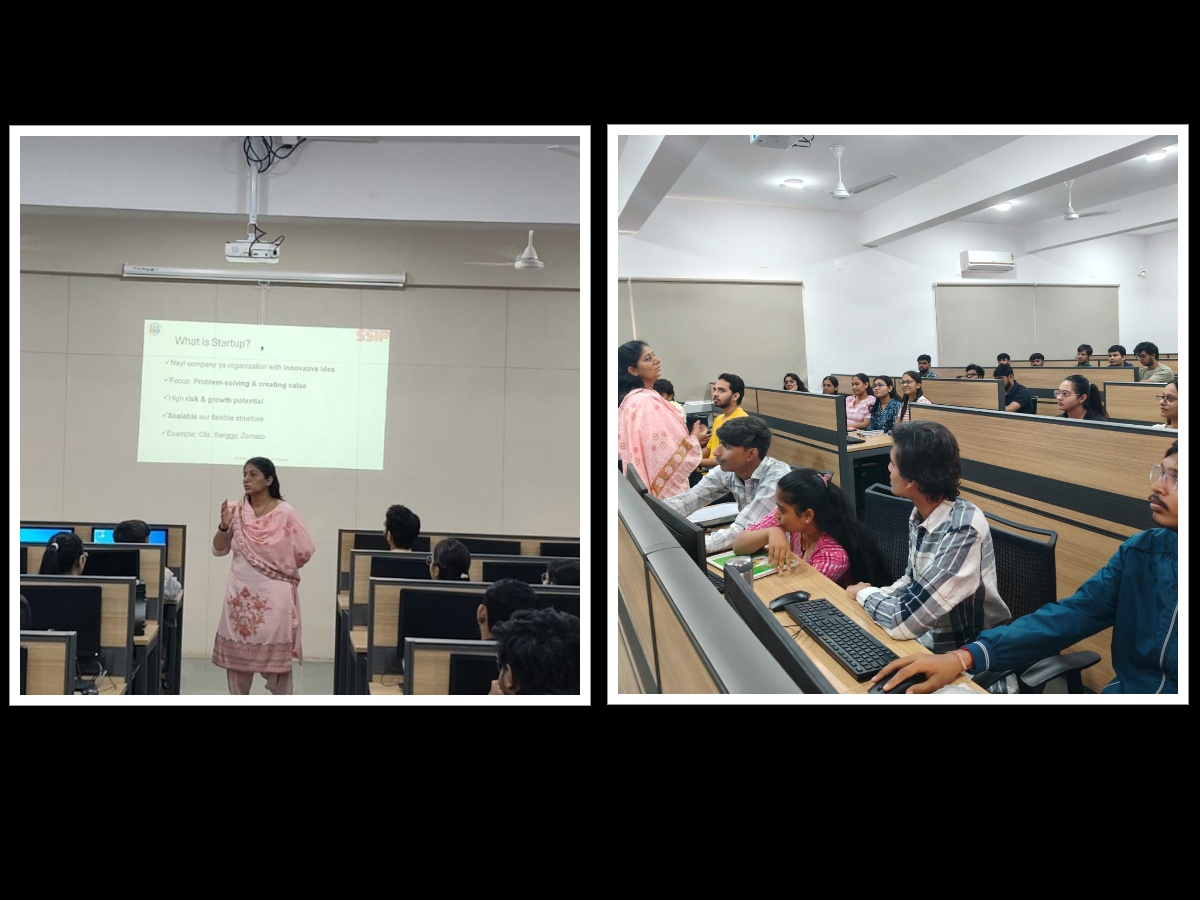
19 February 2026 - 19 February 2026
UCP Institute of Technology, under Sardar Vallabhbhai Global University, successfully organized a Sensitization Session on Innovation in the AI Era for B. Tech students at the SVGU Campus. The session was delivered by Prof. (Dr.) Vishal Dahiya, Chairperson, IEC, SVGU. The expert talk focused on emerging opportunities in Artificial Intelligence, innovation-driven thinking, and entrepreneurial possibilities in the AI domain.
The session aimed to inspire young minds to explore AI-based innovations and understand support systems available for startups and research initiatives. Real-world examples, innovation insights, and interactive discussions enhanced student participation and interest throughout the program